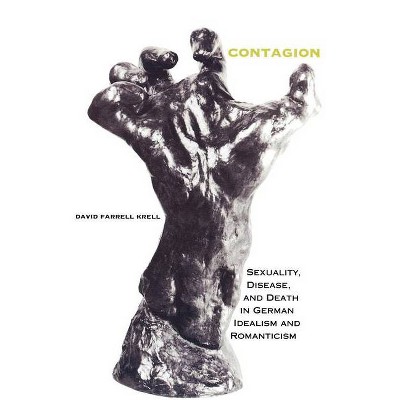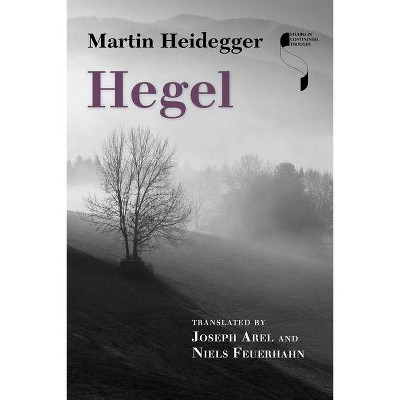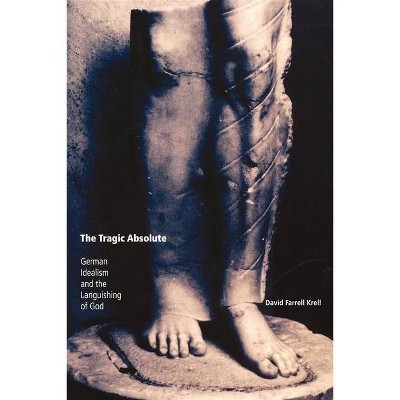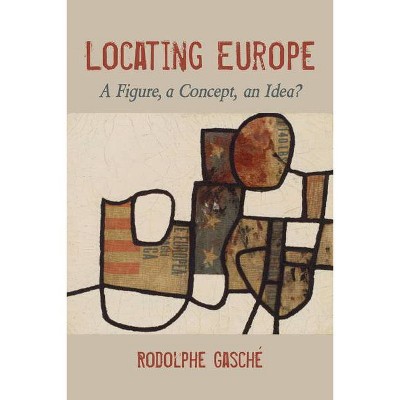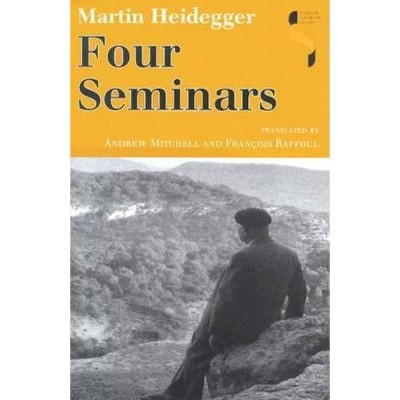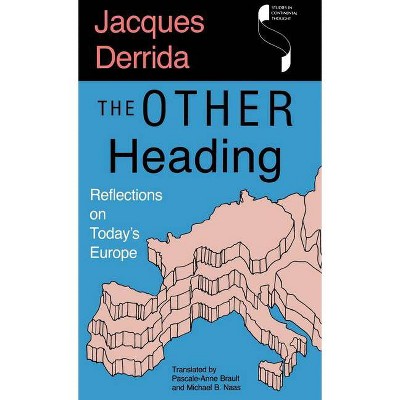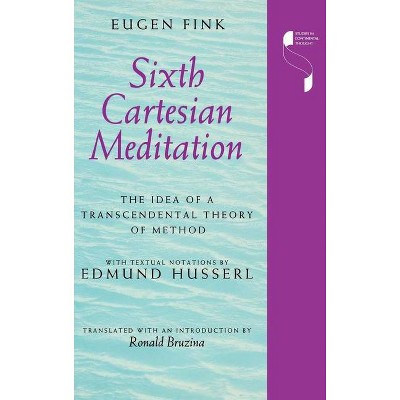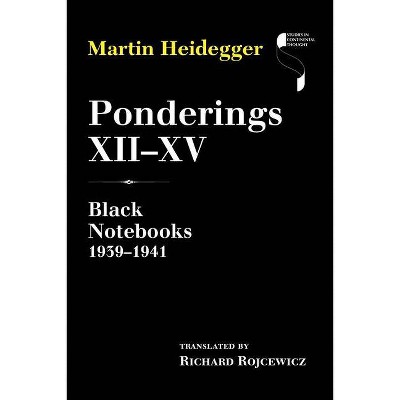Kierkegaard's Instant - (Studies in Continental Thought) by David J Kangas (Hardcover)

Similar Products
Products of same category from the store
AllProduct info
<p/><br></br><p><b> About the Book </b></p></br></br>As Kangas shows, Kierkegaard's retrieval of the sudden quality of temporality allows him to stage a deep critique of the idealist projects of Fichte, Schelling, and Hegel. By linking Kierkegaard's thought to the tradition of Meister Eckhart, Kangas formulates the central problem of these early texts and puts them into contemporary light--can thinking hold itself open to the challenges of temporality?<p/><br></br><p><b> Book Synopsis </b></p></br></br><p>In <i>Kierkegaard's Instant, </i> David J. Kangas reads Kierkegaard to reveal his radical thinking about temporality. For Kierkegaard, the instant of becoming, in which everything changes in the blink of an eye, eludes recollection and anticipation. It constitutes a beginning always already at work. As Kangas shows, Kierkegaard's retrieval of the sudden quality of temporality allows him to stage a deep critique of the idealist projects of Fichte, Schelling, and Hegel. By linking Kierkegaard's thought to the tradition of Meister Eckhart, Kangas formulates the central problem of these early texts and puts them into contemporary light--can thinking hold itself open to the challenges of temporality?</p><p/><br></br><p><b> Review Quotes </b></p></br></br><br><p>. . . [This] closely-argued and scrupulously-sourced [volume] . . . make[s] an important contribution to Kierkegaard Studies and to the important work of situating Kierkegaard's vocabulary and concerns in the intellectual context of his time. . .Vol. 65 2009</p>--P. Stokes "Soren Kierkegaard Research Ctr, U Copenhagen"<br><p/><br></br><p><b> About the Author </b></p></br></br><p>David J. Kangas is Assistant Professor of Religion at Florida State University. </p>
Price History
Price Archive shows prices from various stores, lets you see history and find the cheapest. There is no actual sale on the website. For all support, inquiry and suggestion messages communication@pricearchive.us
